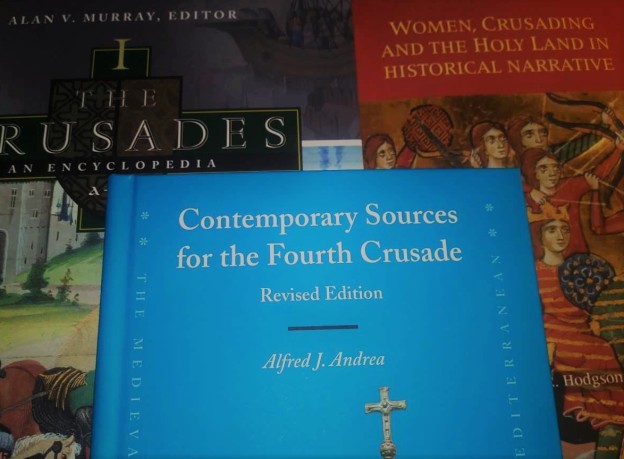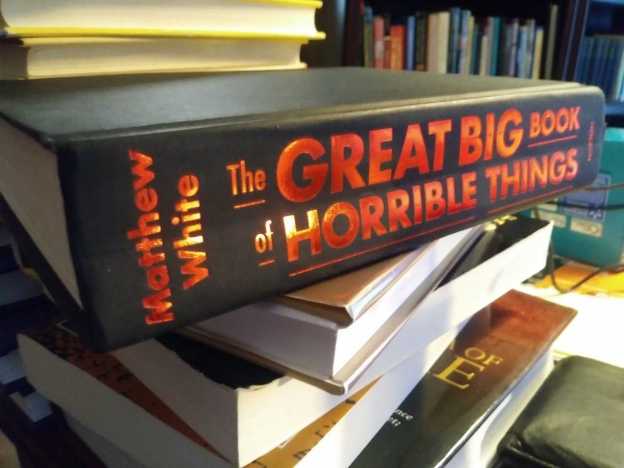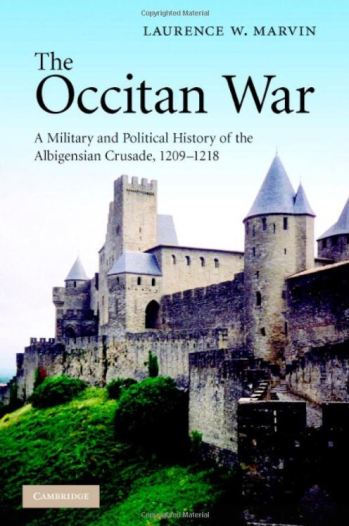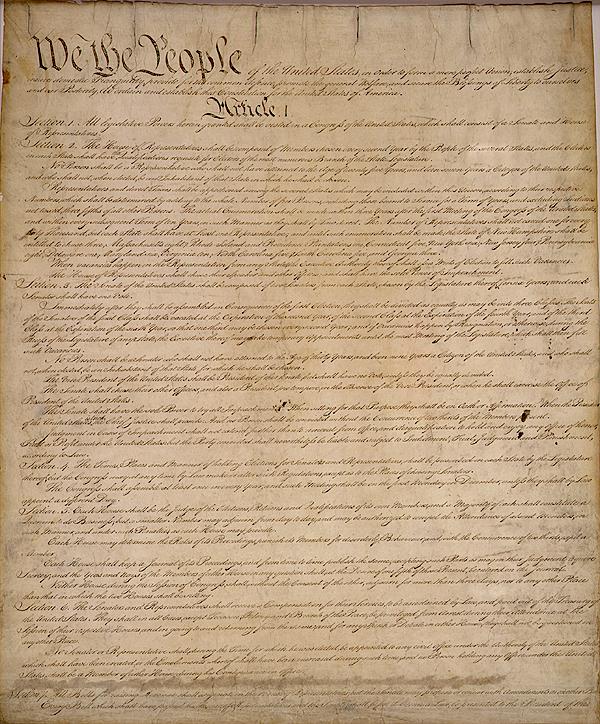*Main Image: Later map of western Asia-Minor. Please note Nicomedia’s proximity to Constantinople. Taken from Wikimedia Commons.
——————-
As readers of this blog will know, some crusade historians have recently debated if the First Crusade can be considered in the context of a “defense” of Eastern Christians, or a “defensive war.” Such debates can be centered around multiple issues, to include the intentions of the participants, whether or not Eastern Christians genuinely needed or wanted defending, and the technical nature of armies of the First Crusade as an expeditionary army. When historians discuss this issue, they are often careful to offer considerable nuance and various qualifications when giving an opinion on this matter. Those who have written or commented on the issue, often for popular publications rather than scholarly ones, mostly (although certainly not always) seem to find it acceptable to view the First Crusade in the context of a “defensive war,” for a variety of reasons that can be reviewed here.
Related to this issue, I was recently reading a piece by Prof. Matthew Gabriele, now a columnist for Forbes, who addressed this topic in his July 14 (2018) essay titled “Why The History of Medieval Studies Haunts How We Study the Past.” In it, he briefly touched on the crusades, at one point noting “the idea that they [the Crusades] were “defensive” against an aggressively expansionistic Islam has been disproven.” Naturally, I was intrigued. If such a claim has been disproven, many of his fellow crusade historians seem unaware. Gabriele has made similar claims in the past, but this time he linked to a source as the basis for his argument. In this case Gabriele cited a 2011 article on the Huffington Post, written by respected crusade historian Jay Rubenstein. Whatever one thinks of the Huffington Post, Rubenstein is a serious crusade historian and so his comments are worth reading with care. In the Huffington Post piece, Rubenstein seems to agree that the 1070s and 1080s were dangerous times for Eastern Christians, noting the Turkish victory over the Byzantines at the Battle of Mantzikert in 1071 and the capture of the city of Antioch in 1084, among others. But Rubenstein then notes that by the 1090s the Greek [Byzantine] frontier had “largely stabilized,” further noting that “reports of Byzantium’s demise proved greatly exaggerated.” Thus, it is implied that the calling of the First Crusade for the protection of Byzantine Christians was unnecessary, as they were in no real danger by the time the crusade was called at the Council of Clermont in 1095.
I wish that Rubenstein’s article had been published in another forum that would have likely allowed him more length to develop his argument, as well as to cite references in footnotes. This was because his claims about the 1090s as a period of Byzantine stability, were quite different than what I had been reading and thinking about on these issues recently. It concerned me a little bit as Forbes and Huffington Post both have major followings online, and several thousand people will read these accounts whereas largely unknown blogs like my own only very rarely reach such high numbers. My concern was that, rather than Byzantine stability, there were instead many Turkish conquests of Eastern Christian towns, cities, or regions in the 1090s just prior to the calling of the First Crusade. Moreover, some of them were quite threatening to the Byzantine Empire, resulting in increased alarm and an intensification of Byzantine efforts to secure western military aid. Continue reading →











